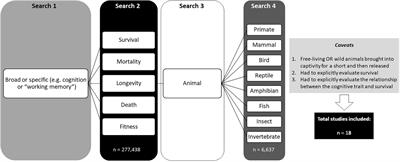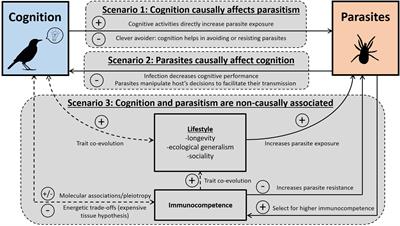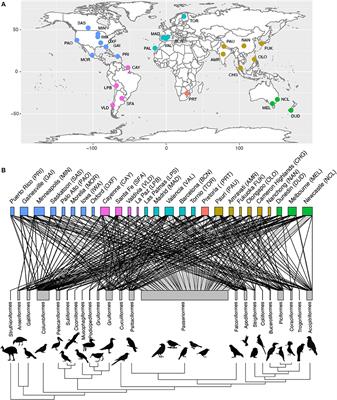EDITORIAL
Published on 04 Jan 2023
Editorial: Links between cognition and fitness: Mechanisms and constraints in the wild
doi 10.3389/fevo.2022.1113701
- 791 views
- 2 citations
21k
Total downloads
139k
Total views and downloads
EDITORIAL
Published on 04 Jan 2023
MINI REVIEW
Published on 25 Feb 2022

ORIGINAL RESEARCH
Published on 27 Nov 2020

ORIGINAL RESEARCH
Published on 05 Nov 2020

ORIGINAL RESEARCH
Published on 17 Sep 2020

SYSTEMATIC REVIEW
Published on 30 Jun 2020

ORIGINAL RESEARCH
Published on 26 Jun 2020

MINI REVIEW
Published on 28 Apr 2020

REVIEW
Published on 23 Apr 2020

PERSPECTIVE
Published on 07 Apr 2020

ORIGINAL RESEARCH
Published on 25 Mar 2020

OPINION
Published on 25 Feb 2020
